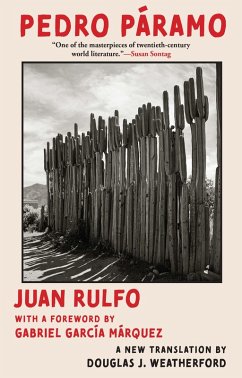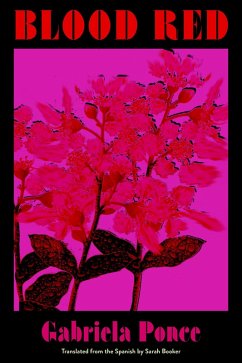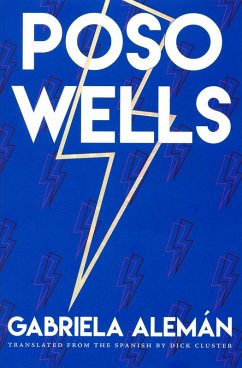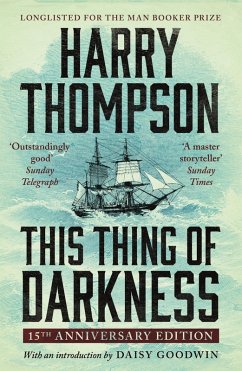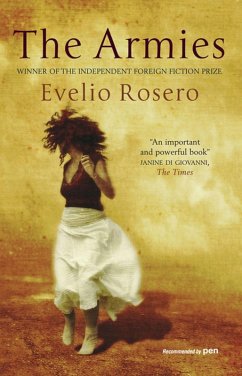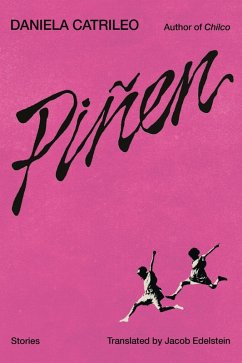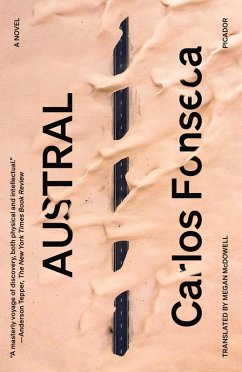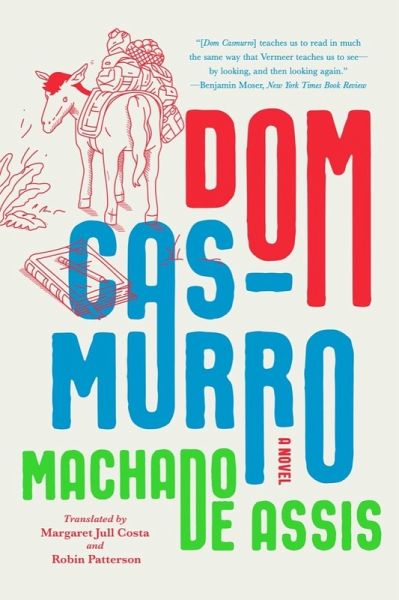
Dom Casmurro (eBook, ePUB)
A Novel
Übersetzer: Costa, Margaret Jull; Patterson, Robin
Versandkostenfrei!
Sofort per Download lieferbar
9,95 €
inkl. MwSt.
Weitere Ausgaben:

PAYBACK Punkte
5 °P sammeln!
A masterpiece of realism, Machado de Assis's Dom Casmurro probes the mind of a distrustful husband with delusions of grandeur. Originally published in 1899, Dom Casmurro is widely considered to be Joaquim Maria Machado de Assis's masterpiece and a progenitor of twentieth-century Latin American fiction. This exuberant new translation captures all the hilarious, maddening, and utterly compelling idiosyncrasies of one of Machado's most complex characters.Bento Santiago, our charismatic yet exceedingly unreliable narrator, nicknamed by his enemies Dom Casmurro, has become a bit of a recluse in old...
A masterpiece of realism, Machado de Assis's Dom Casmurro probes the mind of a distrustful husband with delusions of grandeur.
Originally published in 1899, Dom Casmurro is widely considered to be Joaquim Maria Machado de Assis's masterpiece and a progenitor of twentieth-century Latin American fiction. This exuberant new translation captures all the hilarious, maddening, and utterly compelling idiosyncrasies of one of Machado's most complex characters.
Bento Santiago, our charismatic yet exceedingly unreliable narrator, nicknamed by his enemies Dom Casmurro, has become a bit of a recluse in old age. He spends his days reading and mourning the past in a house built as a replica of his childhood home. One day, musing over the painted busts of Nero, Augustus, Masinissa, and Caesar, he is inspired to write his own story, a tale of equally epic proportions. Or so, at least, he thinks.
Yes, let us begin by evoking a famous November afternoon, one I will never forget, he writes, recalling the day he fell in love with his childhood sweetheart, Capitu. Thus he transports readers back to his youth in a once fashionable neighborhood, when he and Capitu were neighbors playing innocently in the backyard. But after overcoming many obstacles, Bento's happy-ever-after ending proves short-lived when he is consumed by paranoia and jealousy.
At once oblivious and obsessive, Bento becomes a strangely engaging antihero as he mines the repercussions of his suspicions against the backdrop of a rapidly modernizing Rio de Janeiro. Eloquently translated by Margaret Jull Costa and Robin Pattersonthe same duo that sparked a Machado renaissance with their brilliant translations of The Collected Stories and Posthumous Memoirs of Brás Cubasand brimming with his signature charm, Dom Casmurro is a subversive and groundbreaking dark comedy from one of Brazil's greatest authors.
Originally published in 1899, Dom Casmurro is widely considered to be Joaquim Maria Machado de Assis's masterpiece and a progenitor of twentieth-century Latin American fiction. This exuberant new translation captures all the hilarious, maddening, and utterly compelling idiosyncrasies of one of Machado's most complex characters.
Bento Santiago, our charismatic yet exceedingly unreliable narrator, nicknamed by his enemies Dom Casmurro, has become a bit of a recluse in old age. He spends his days reading and mourning the past in a house built as a replica of his childhood home. One day, musing over the painted busts of Nero, Augustus, Masinissa, and Caesar, he is inspired to write his own story, a tale of equally epic proportions. Or so, at least, he thinks.
Yes, let us begin by evoking a famous November afternoon, one I will never forget, he writes, recalling the day he fell in love with his childhood sweetheart, Capitu. Thus he transports readers back to his youth in a once fashionable neighborhood, when he and Capitu were neighbors playing innocently in the backyard. But after overcoming many obstacles, Bento's happy-ever-after ending proves short-lived when he is consumed by paranoia and jealousy.
At once oblivious and obsessive, Bento becomes a strangely engaging antihero as he mines the repercussions of his suspicions against the backdrop of a rapidly modernizing Rio de Janeiro. Eloquently translated by Margaret Jull Costa and Robin Pattersonthe same duo that sparked a Machado renaissance with their brilliant translations of The Collected Stories and Posthumous Memoirs of Brás Cubasand brimming with his signature charm, Dom Casmurro is a subversive and groundbreaking dark comedy from one of Brazil's greatest authors.
Dieser Download kann aus rechtlichen Gründen nur mit Rechnungsadresse in A, D ausgeliefert werden.




